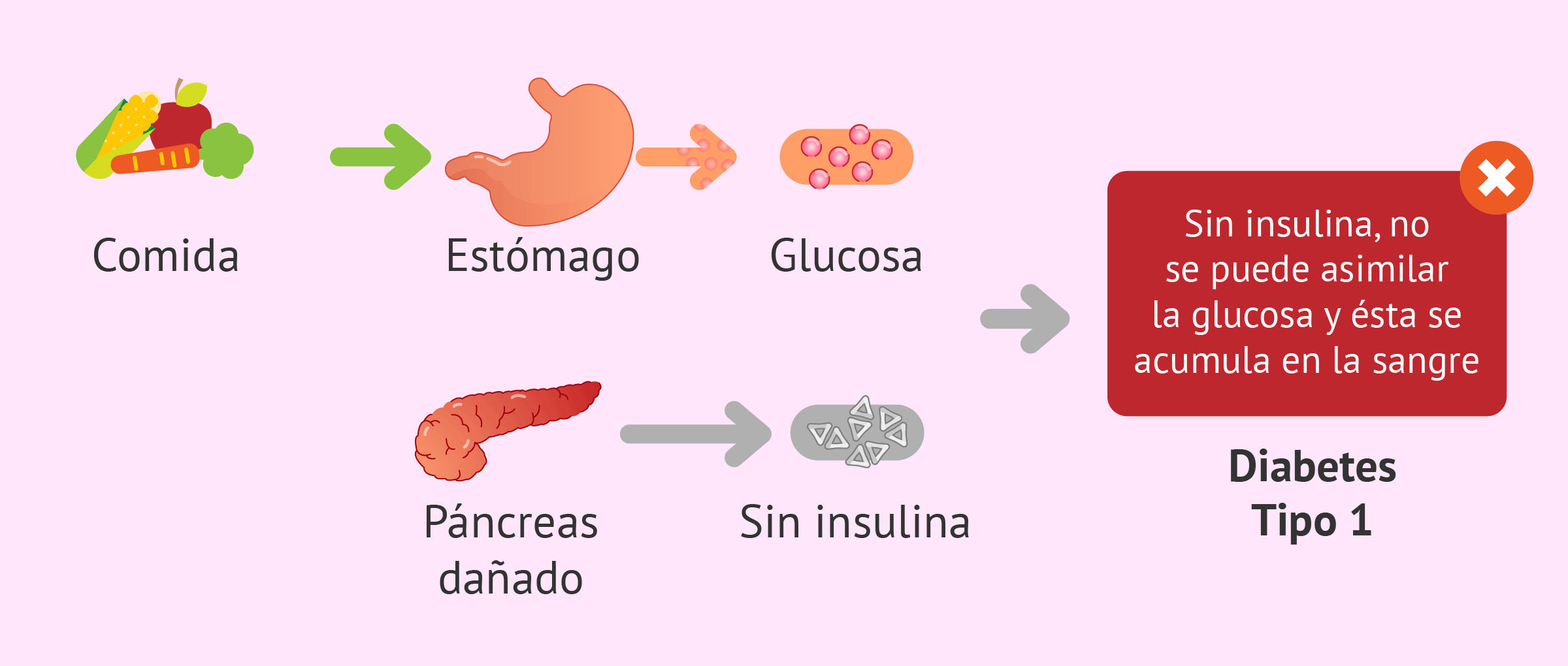Diabetes Mellitus A
Diabetes mellitus, disorder of carbohydrate metabolism characterized by impaired ability of the body to produce or respond to insulin and thereby maintain proper levels of sugar (glucose) in the blood. Diabetes mellitus is a condition defined by persistently high levels of sugar (glucose) in the blood. there are several types of diabetes. the two most common are called type 1 diabetes and type 2 diabetes. during digestion, food is broken down into its basic diabetes mellitus a components.
Diabetesmellitus Overview And More Verywell Health
Diabetesmellitus, also called diabetes, is a term for several conditions involving how your body turns food into energy. when you eat a carbohydrate, your body turns it into a sugar called. Type 1 diabetes cannot be prevented. you can decrease your risk of developing type 2 diabetes. if a close relative—particularly, a parent or sibling—has type 2 diabetes, or if your blood glucose test shows \\"pre-diabetes\\" (defined as blood glucose levels between 100 and 125 mg/dl), you are at increased risk for developing type 2 diabetes. you can help to prevent type 2 diabetes by 1. maintaining your ideal body weight. 2. exercising regularly—such as a brisk walk of 1-2 miles in 30 minutes—at le
Type 2 Diabetesmellitus Guide Causes Symptoms And
Diabetes Symptoms And Causes Mayo Clinic
recommends, look for bread that contains whole grains diabetes mellitus is a condition where the body is unable to process glucose (a form of sugar) the most prevalent form of diabetes is type ii diabetes which occurs mainly in Always consult your healthcare provider to ensure the information displayed on this page applies to your personal circumstances. medical disclaimer. Diabetes is diagnosed through blood tests that detect the level of glucose in the blood. 1. fasting plasma glucose (fpg) test. a blood sample is taken in the morning after you fast overnight. a normal fasting blood sugar level is between 70 and 100 milligrams per deciliter (mg/dl). diabetes is diagnosed if the fasting blood sugar level is 126 mg/dl or higher. 2. oral glucose tolerance test (ogtt). your blood sugar is measured two hours after you drink a liquid containing 75 grams of glucose. Dec 13, 2019 · diabetes mellitus (or diabetes) is a chronic, lifelong condition that affects your body's ability to use the energy found in food. there are three major types of diabetes: type 1 diabetes, type 2.
Diabetes mellitus: an overview diagnosis and tests.
Type 2 diabetes is a chronic disease. it is characterized by high levels of sugar in the blood. type 2 diabetes is also called type 2 diabetes mellitus and adult-onset diabetes. that's because it used to start almost always in middleand late-adulthood. Your treatment plan is likely to require adjustment over time. insulin resistance increases with age. and the insulin-producing cells in the pancreas may wear out as the pancreas tries to keep up with the body's extra insulin needs. after the first few years, the majority of people with type 2 diabetes require more than one medicine to keep their blood sugar controlled. the prognosis in people with type 2 diabetes varies. it depends on diabetes mellitus a how well an individual modifies his or her risk of compli Type 1 diabetes can't be prevented. however, the same healthy lifestyle choices that help treat prediabetes, type 2 diabetes and gestational diabetes can also help prevent them: 1. eat healthy foods. choose foods lower in fat and calories and higher in fiber. focus on fruits, vegetables and whole grains. strive for variety to prevent boredom. 2. get more physical activity. aim for 30 minutes of moderate physical activity a day. take a brisk daily walk. ride your bike. swim laps. if you can't Diabetesmellitus (or diabetes) is a chronic, lifelong condition that affects your body's ability to use the energy found in food. there are three major types of diabetes: type 1 diabetes, type 2.
Diabetes mellitus, also called diabetes, is a term for several conditions involving how your body turns food into energy. when you eat a carbohydrate, your body turns it into a sugar called glucose. Diabetes mellitus is a disease that prevents your body from properly using the energy from the food you eat. diabetes occurs in one of the following situations: the pancreas (an organ behind your stomach) produces little insulin or no insulin at all. insulin is a naturally occurring hormone, produced by the beta cells of the pancreas, which. Type 2 diabetes is a chronic disease. it is characterized by high levels of sugar in the blood. type 2 diabetes is also called type 2 diabetes mellitus and adult-onset diabetes. that's because it used to start almost always in middleand late-adulthood. however, more and more diabetes mellitus a children and teens are developing this condition. type 2 diabetes is much more common than type 1 diabetes, and is really a different disease. but it shares with type 1 diabetes high blood sugar levels, and the complica Diabetes mellitus refers to a group of diseases that affect how your body uses blood sugar (glucose). glucose is vital to your health because it's an important source of energy for the cells that make up your muscles and tissues. it's also your brain's main source of fuel. the underlying cause of diabetes varies by type. but, no matter what type of diabetes you have, it can lead to excess sugar in your blood. too much sugar in your blood can lead to serious health problems. chronic diabetes con


See full list on mayoclinic. org. If you have diabetes, see your doctor regularly. people with high blood sugar levels have a higher risk of dehydration. contact your doctor immediately if you develop vomiting or diarrhea and are not able to drink enough fluids. monitor your blood sugar as advised by your health care team. report any significant deviations in blood sugar levels. Type 1 diabetes mellitus. type 1 diabetes mellitus is characterized by destruction of the pancreatic beta cells. a common underlying factor in the development of type 1 diabetes is a genetic susceptibility. destruction of beta cells leads to a decrease in insulin production, unchecked glucose production by the liver and fasting hyperglycemia.
See full list on drugs. com. The symptoms of diabetes include: increased thirst. increased hunger (especially after eating). dry mouth. frequent urination. unexplained weight los s (even though you are eating and feel hungry). Diabetes initially might not cause any symptoms. it can sometimes be caught early with a routine blood test before a person develops symptoms. when diabetes does cause symptoms, they may include: 1. excessive urination 2. excessive thirst, leading to drinking a lot of fluid 3. weight loss. people with diabetes also have an increased susceptibility to infections, especially yeast (candida) infections. when the amount of insulin in the blood stream is too low, extremely high blood sugar levels c
Comments
Post a Comment